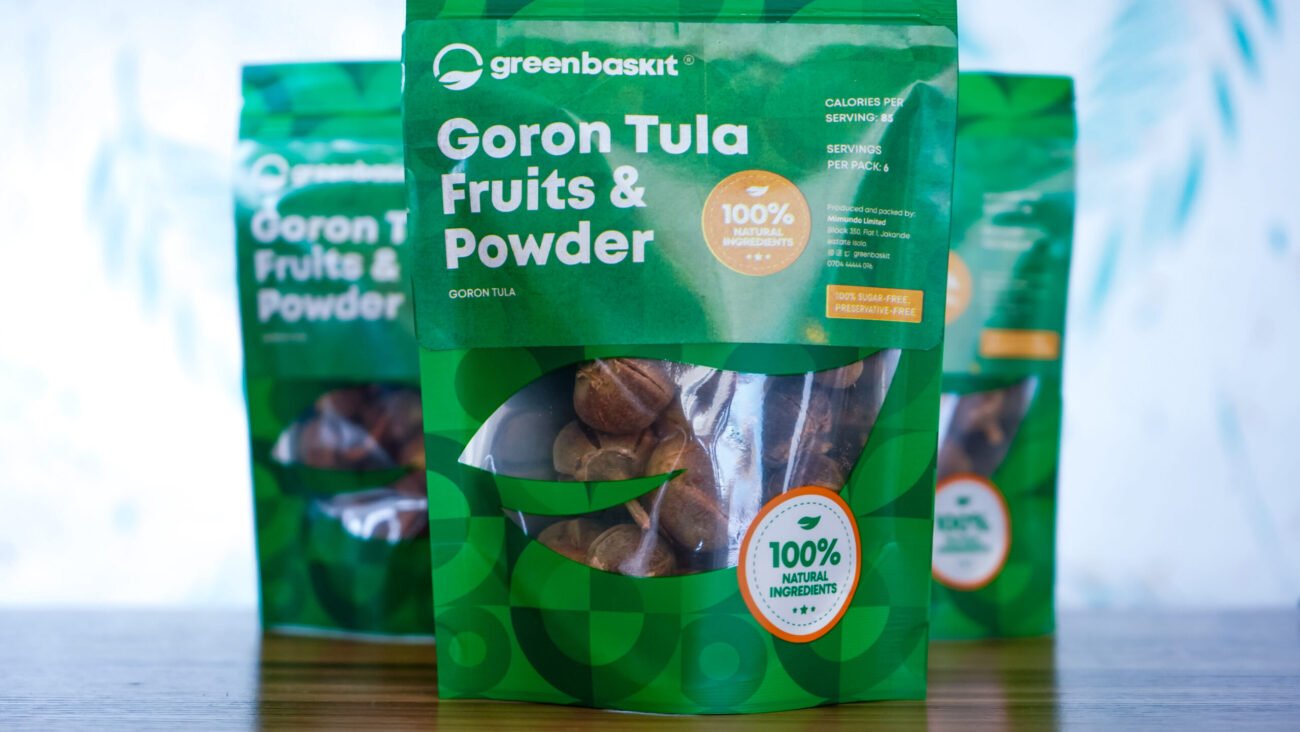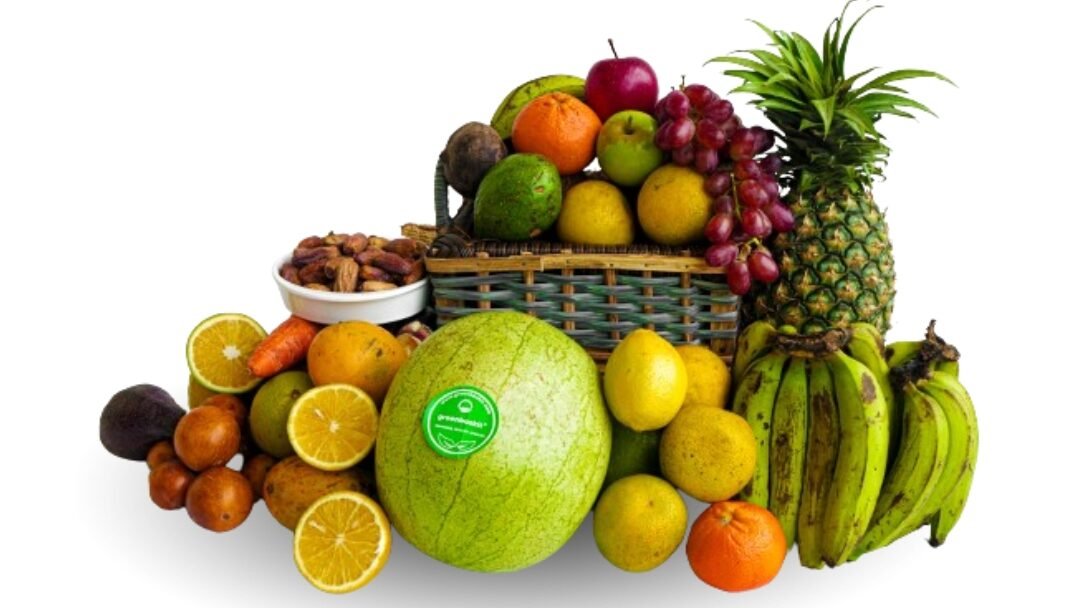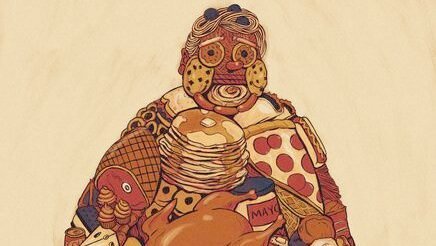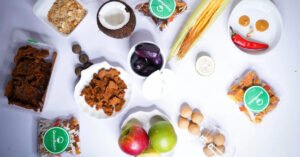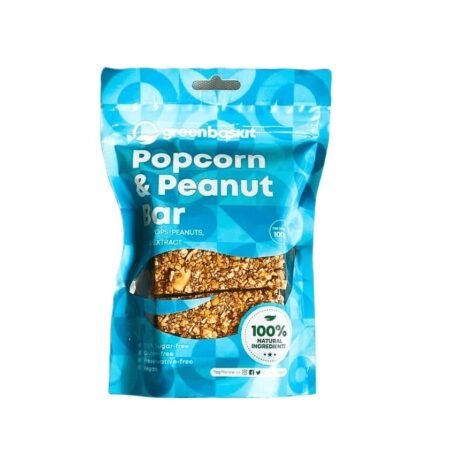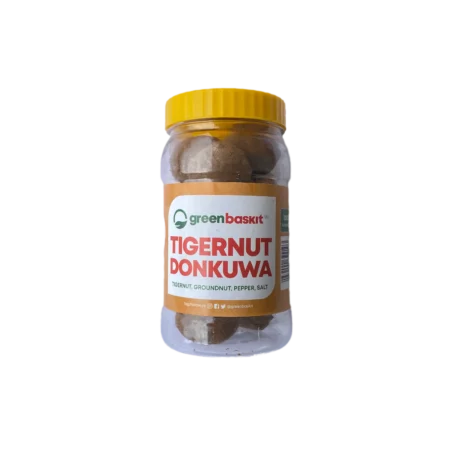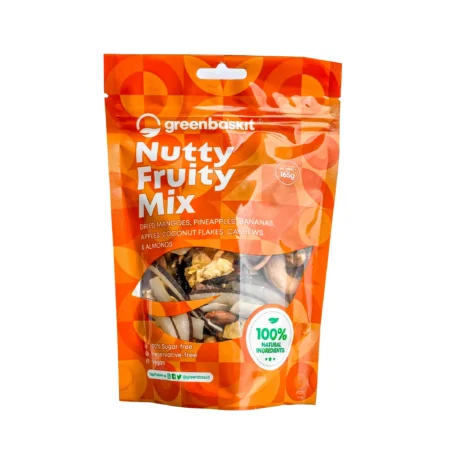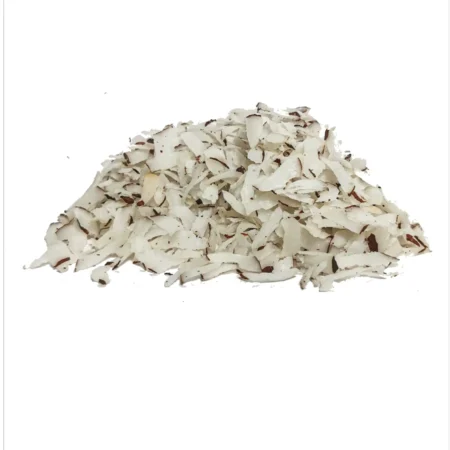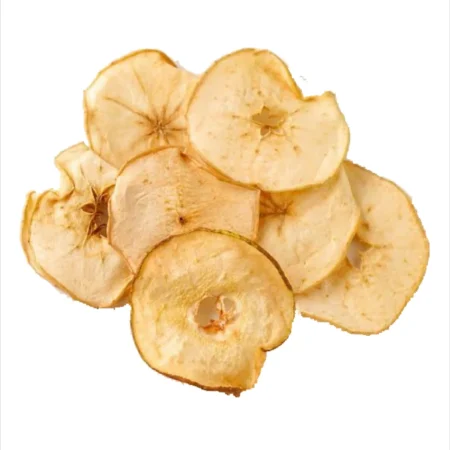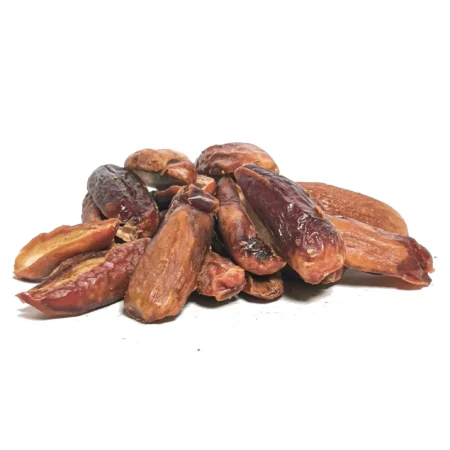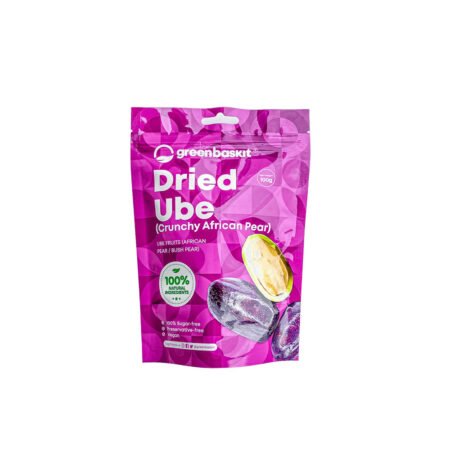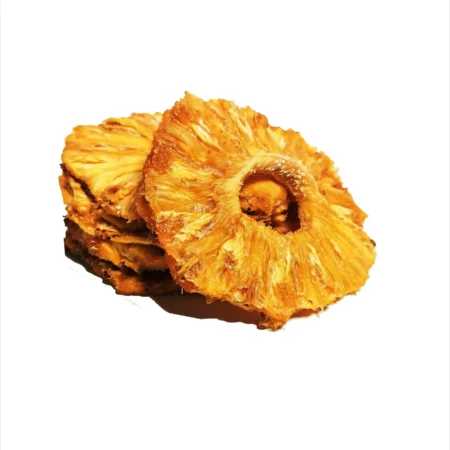Discovering Gorontula Fruit: Nature’s Hidden Treasure
What is Gorontula Fruit?
Gorontula, also known as “Snot Apple” or “African Chewing Gum,” is a unique and versatile fruit native to West Africa, particularly Nigeria. The fruit, scientifically known as Azanza garckeana, is popular for its sticky texture, which is similar to chewing gum, and its sweet, tangy taste. It is often consumed fresh, dried, or processed into various forms, and has been a part of traditional African medicine for centuries.
Uses of Gorontula Fruit
Gorontula fruit is highly valued not just for its taste but also for its medicinal properties. It’s commonly used in traditional medicine to treat various ailments, and it’s also gaining popularity as a natural health supplement. The fruit is often chewed like gum or added to drinks, desserts, and even skincare products.
Health Benefits of Gorontula Fruit
Gorontula is packed with numerous health benefits:
Natural Aphrodisiac: Gorontula fruit is widely known for its libido-enhancing properties, especially among women. It helps in boosting sexual desire and overall reproductive health.
Rich in Antioxidants: The fruit is loaded with antioxidants that help in fighting free radicals in the body, thereby reducing the risk of chronic diseases and promoting overall well-being.
Aids in Digestion: Gorontula has been traditionally used to treat digestive issues such as constipation. Its fiber content helps in promoting healthy bowel movements.
Anti-inflammatory Properties: It has anti-inflammatory effects that can help in reducing inflammation in the body, which is beneficial for conditions like arthritis and other inflammatory diseases.
Blood Sugar Regulation: Some studies suggest that Gorontula can help in regulating blood sugar levels, making it beneficial for people with diabetes or those at risk.
Illnesses Gorontula Fruit Can Help Cure
The fruit has been traditionally used to manage and treat several health conditions:
Sexual dysfunctions: Particularly among women, Gorontula is used to manage conditions like low libido and vaginal dryness.
Constipation: Its high fiber content makes it an effective natural remedy for constipation.
Arthritis: Due to its anti-inflammatory properties, Gorontula can help alleviate pain and swelling associated with arthritis.
How to Prepare Gorontula Fruit
Gorontula fruit can be enjoyed in various ways:
Chewing: The most common way to consume Gorontula is by chewing it like gum. Simply remove the seeds and chew the flesh.
Infusion: You can infuse the fruit in water or milk overnight and drink it the next day. This method is particularly popular for its aphrodisiac benefits.
Smoothies and Juices: Blend Gorontula with other fruits or vegetables to make a nutritious smoothie or juice.
Skincare: Gorontula can be used in DIY skincare recipes, such as face masks, due to its moisturizing and antioxidant properties.
Where to Get Gorontula Fruit
Finding authentic Gorontula fruit is essential to enjoy its full benefits. You can easily purchase Gorontula fruit from reputable online stores. For a reliable source, visit Green Baskit to order high-quality Gorontula fruit directly to your doorstep.

